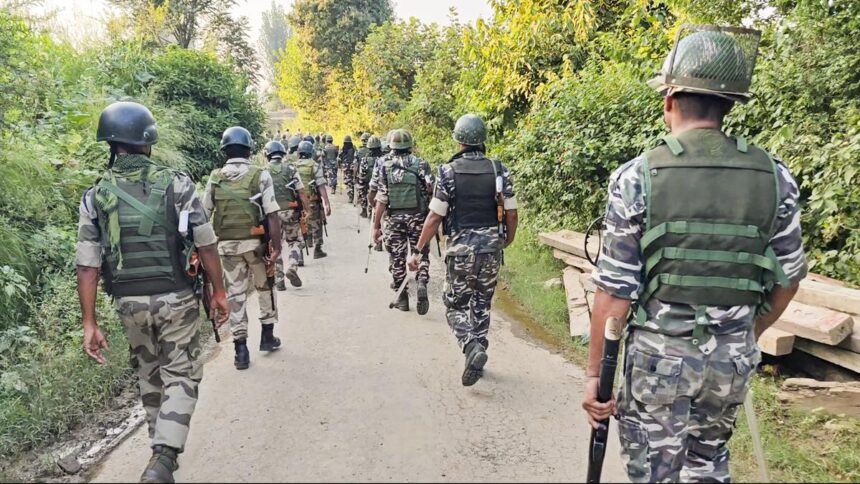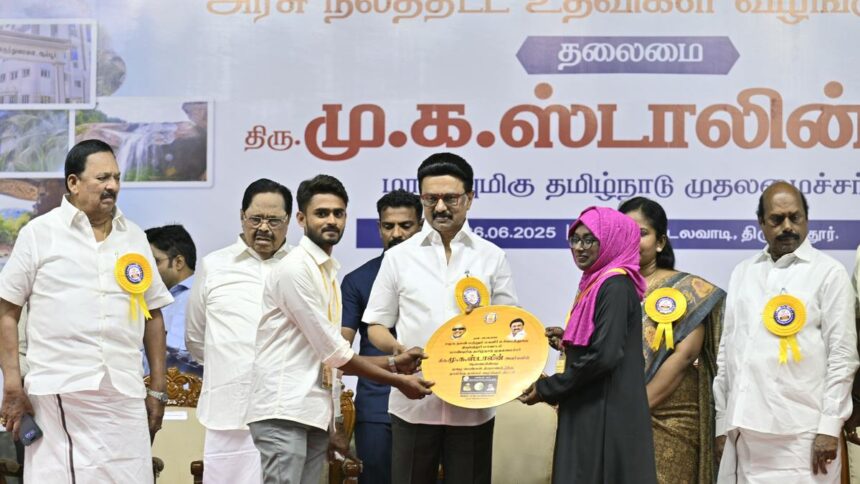In what is being hailed as a major medical achievement, doctors at Government Medical College Hospital, Thiruvananthapuram, have successfully treated and saved a 17-year-old boy, who was suffering from a rare co-infection of amoebic meningoencephalitis and Aspergillus flavus fungal infection, both of which are individually life-threatening infections.
Early identification of the cause of infection and aggressive management with neurosurgery support was what saved the boy, who had been under intensive treatment for over three months. The boy, who had been admitted to the hospital in a comatose state, was normal at the time of discharge and seemed to be doing well when reviewed three weeks after discharge too.
Though there have been reports elsewhere of co-infection of amoebic meningoencephalitis and fungal infection, this is the first documented case anywhere in the world of a person surviving this deadly co-infection, Health Minister, Veena George, said here on Wednesday.
She congratulated the medical teams — Medicine, Infectious Diseases and Neurosurgery departments at the MCH and the Microbiology department at Alappuzha Medical College Hospital, which first detected amoebic meningoencephalitis — for the remarkable feat.
The boy, a native of Sooranad in Kollam, had fallen ill a week after swimming in a pond in the neighbourhood. Doctors at the Alappuzha MCH had determined amoebic encephalitis to be the cause and had initiated the State protocol-based treatment early. He was shifted to MCH in the capital when his condition took a turn for the worse.
An MRI scan revealed multiple brain abscesses, which were evacuated in an emergency neurosurgery. He had to undergo a second brain surgery when the infection flared up again.
Tests done on the fluid from the brain identified the presence of the fungus, Aspergillus flavus, following which his treatment protocol was revised. After aggressive therapy for over six weeks, the boy made a miraculous recovery.
Ms. George said that this was a case in point as to how systematically and scientifically Kerala was approaching amoebic encephalitis cases, proving that early diagnosis and aggressive treatment can save even patients who are critically ill due to the infection.
In the last two years, Kerala has reported 86 cases of amoebic meningoencephalitis, of which 21 were fatal. Naegleria fowleri has a 97% mortality and Acanthamoeba, over 60%. However, Kerala has managed to bring down the mortality rate to 23%-24%, she said.
“Amoebic encephalitis cases are not going up in the State. There are studies which have reported that 11% of acute encephalitis cases of unknown etiology are due to amoeba. We have more cases because we are chasing every possible case and finding it,” Ms. George said.
She said that Kerala has not stopped at just picking up cases of amoebic brain infection but had taken a public health approach to the problem, making the public aware of the issue and issuing necessary precautionary guidelines. The State has a standard treatment protocol, which is followed to the letter as soon clinical suspicion is established.
The Health department was also investigating every case, pinpointing the source of infection and following it up with adequate public health measures.
As a public health measure to combat the widespread presence of amoeba in the State’s water sources, mass chlorination drive had been organised on August 30 and 31, led by the Haritha Kerala Mission, in coordination with the local bodies.
Published – September 03, 2025 07:12 pm IST




















